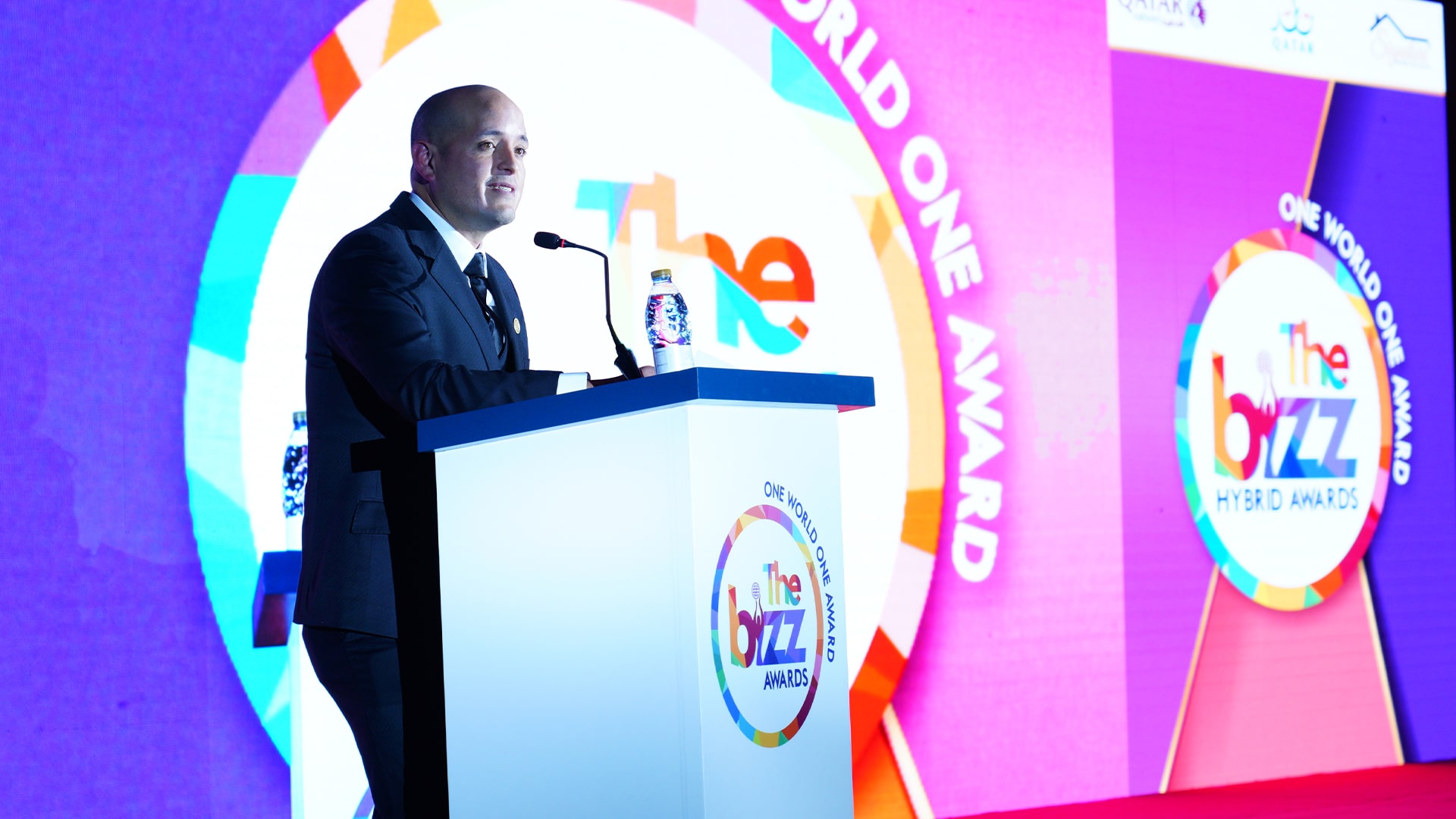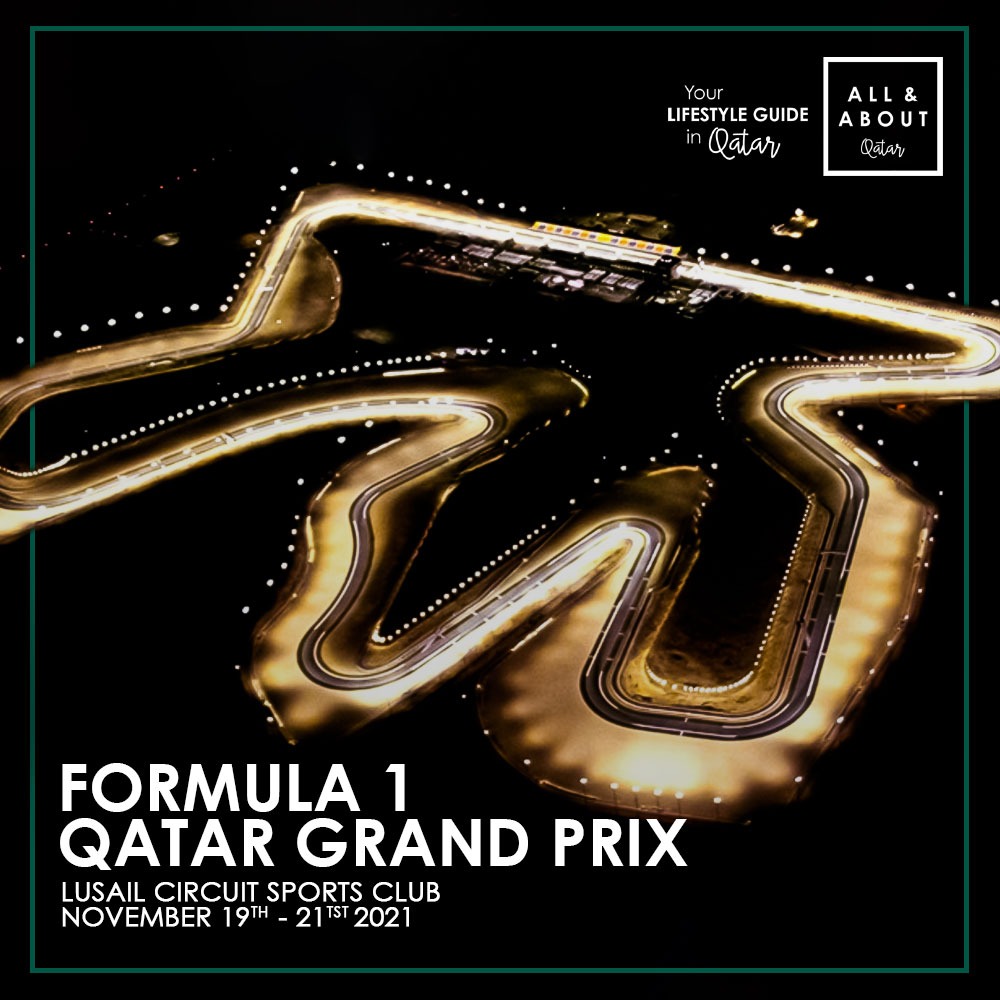
Digital mums, millennial mothers, mommy bloggers or also known as ‘Mum-influencers is one type of trendy and rapidly-growing group of bloggers in today’s digital age, they are often identified in communities of all social media platforms – be it YouTube, Pinterest, Instagram, FaceBook, TikTok or even Twitter.
The reason behind this is the quick growth of an area of digital marketing called ‘influencer marketing. Today influencer marketing is a common buzzword that has been going around recently. In essence, it is the classic celebrity advertisements that are simply allocated into a modernized and meaningful-driven marketing strategy executed by some people within a certain social group or community, they are often called “influencers”.
Influencers are people with advanced personal brands. They make and put up relevant and original content about fields or topics they are experts in, which is called their “niche”. They would review products to build brand awareness on those with qualities that are useful or beneficial to their audience. Their audience become the potential customers for the brands they promote. In addition to this, the influencers would usually engage and converse with their audiences which makes people feel more trustworthy of words coming from their influencer, who speaks to them as if they were their family friends or friendly next door neighbor whom they talk casually with. All of these have been proved as research shows that only 15% of consumer trust brand advertisements while influencers are attracting more people than traditional publishers would on a daily.
“Influencer marketing offers the potential to unify marketing, public relations, digital marketing, and social media through powerful and relevant relationship-based communication.” -Kelsey Libert
Basically, the important part where the changes and impact lies is within the relationship between the influencer and the influenced. A study found that women were sexually objectified and exploited in print media, specifically 58 different magazines, which has 51.8% of advertisements featuring women that portrayed women as sex objects. With mumfluencers of the internet today, they empower women and girls to transform their image in the digital media.
The good news is women makes up 77% of the influencers market on the internet now. This means more women’s presence are dominating the digital media as a way to communicate with others and express themselves to tackle the prejudice made against them in traditional mass media. Many women now goes on different online platforms together but as individuals – this form of action is called ‘collective individualism’, it is what emerges women empowerment in the digital era. Women are now speaking up for themselves and creating their own image of themselves through personal branding methods on their social media, instead of having someone else to speak about them.
Now many young mothers are introduced to the digital world and online platforms where they can gather to empower one another with new information, knowledge and tips. Mothers are leaders as well as nurturers that we naturally look up to, have respect for and get inspired by, at home and in all kinds of groups or communities, in general. They are surely a huge part of their children’s lives since they were born. Yet in the present time, they are reaching far beyond people in their personal lives, they are now leading fellow mothers and women of all ages online.
Topics and fields of expertise that mum bloggers and influencers covers range from one thing to another – unlimited to those such as the common ones like beauty, fashion, lifestyle, and travel. When millennial mothers could not reach out for help to their own mothers, they often search for online tips and advice on motherhood, parenting and family products that their favourite mumfluencers would recommend best.
Digital mums’ content are authentic as they share narratives of situations or conditions that revolves around their own daily lives – this makes it relatable on a personal level for many. These mothers would do their best to share their stories of trials and errors as they grow into the ideal figure of a mother they ought to be. They share their knowledge to other women who are entering into the phases of maternity, so they would not struggle severely in raising their children.
Not limiting their engagement with only fellow mothers, mumfluencers also became role models to the youth and other groups of people. Many young ladies or women also look up to mumfluencers, such as Chriselle Lim, for their ability to balance person and career life and they would give great, realistic advice for all of the youngsters online.
They also inspire and encourage both young women and mothers to start their own business or freelance work that does not require housewives to leave their children at home. In fact, some digital mums started a community that train mothers to gain new skills and make profit out of it – they now run many programs or courses that train many mothers and women around the world remotely.
In conclusion, with more digital mums’ presence, it has encouraged women to express themselves, their thoughts, ideas and opinions more freely. As well as extending a safe space for young girls and women to have discussions and entertainment on topics from micro to macro matters.
By: Yohana Sihol Marito Manurung






Leave A Comment
You must be logged in to post a comment.